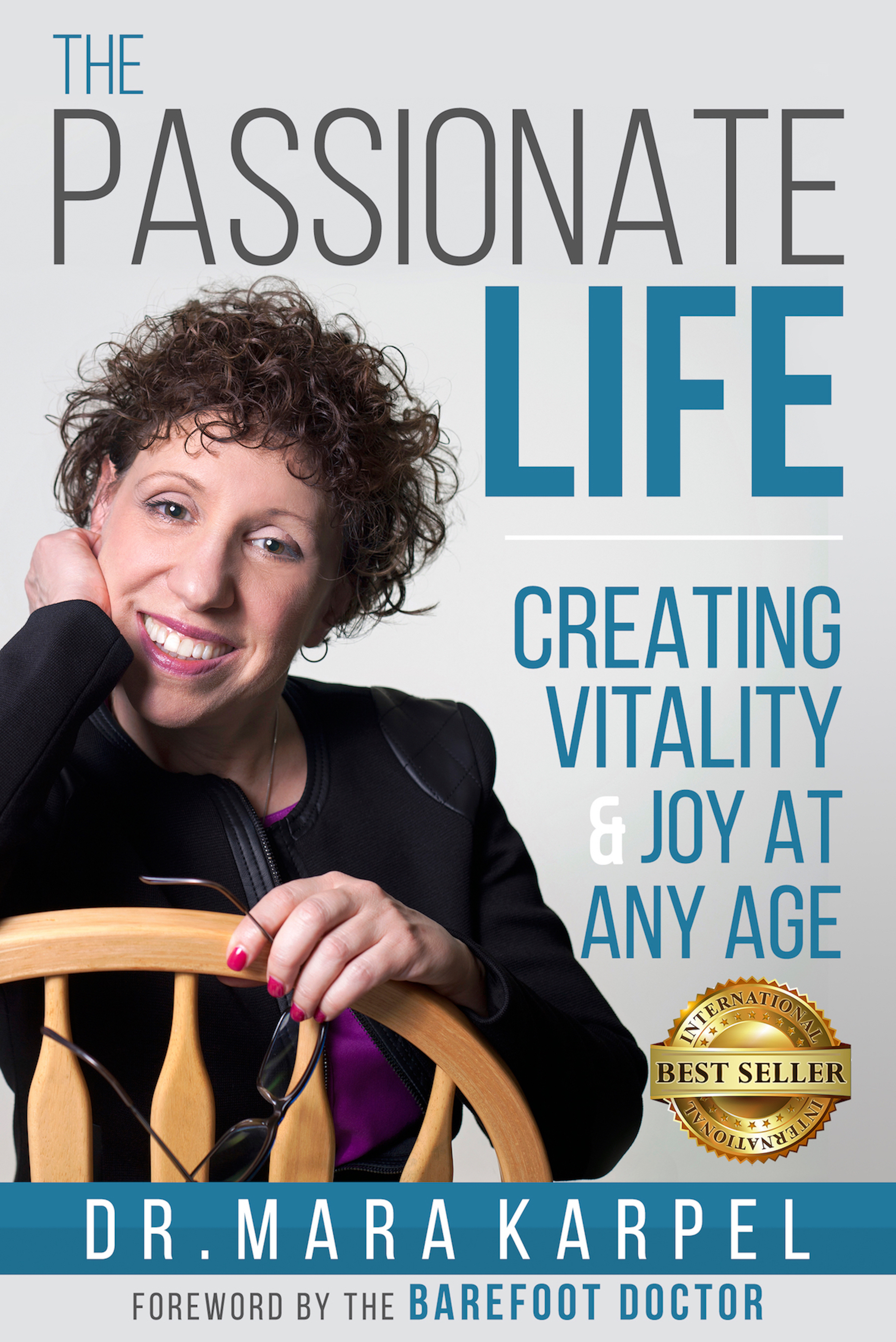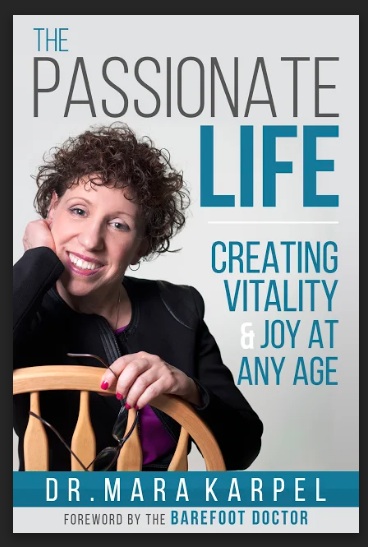“Between stimulus and response, there is a space. In that space is our power to choose our response. In our response lies our growth and our freedom,” Viktor Frankl, Man’s Search for Meaning.
We’re certainly living in an unprecedented time of stress, fear, and grief. Many are grieving the loss of life as it was before the pandemic, some are fearing the loss of life – period, and some are mourning the loss of loved ones taken by this virus. So, how can we even speak about optimism, you might wonder. However, optimism, in the form of realistic optimism, is, in fact, a way to build resilience during times of stress. The realism is accepting the existence of the darkness and pain, while the optimism is the belief that something beautiful might emerge on the other side of the darkness. Even a phoenix, rising from the ashes, has to accept the very painful reality of what she has been through.
Such optimism is not the belief that everything is made of rainbows and unicorns, or even that we can overcome every challenge that we face in the way that we dream about and long for. Nor does it mean subscribing to such clichés such as “everything happens for a reason.” But, perhaps, realistic optimism is the conscious determination to take a challenging, or even dire situation, and to create value from it. We may not know what that value might be while in the midst of the darkness and the struggle. Rather this is a knowing that we will find a way to turn our adversity into something truly transformative on the other side, even if we can’t imagine what that transformation will look like. While some days might feel like a struggle just to keep our head above the rising tide, there are other days when we might allow ourselves to feel that the seed we’ve planted with the question, “How can I create value from this?” will germinate in the darkness and transform into so much beauty once it has the opportunity to drink in the sunlight.
Here are nine tools for creating such realistic optimism:
- Remember, this too shall pass. It is a given of existence that, as the Buddha said, “Nothing is permanent.” This fact is a hard one to swallow when life is going well. But it can help us to look toward a brighter future, when things may not be going so well, such as being isolated at home during a pandemic.
- Combine an honest evaluation of the challenges along with the optimism about your ability to handle it. The Serenity Prayer states, “Grant me the serenity to accept the things I cannot change, courage to change the things I can, and the wisdom to know the difference.” We cannot change the fact that there is a pandemic, but we can make choices about our behaviors to keep ourselves, our families, and our communities safer, such as staying home, washing our hands, and wearing a mask when we’re out in public places. Give yourself some credit for doing your part to keep the most vulnerable in your community safer with these practices.
- Have an attitude of gratitude. Make it a daily practice to look for small (and large) things to feel grateful for. Focusing our attention on what we feel thankful for changes our perspective and, perhaps, even our reality. “What you focus on expands,” states Oprah Winfrey. Having gratitude for what we have and looking for the silver-linings in the less-than-ideal situations brings us a feeling of optimism, peace, and enthusiasm to keep us on this trek as a peaceful warrior. Dr. Robert Emmons, professor of psychology and researcher at the University of California – Davis, found in his study that people who kept gratitude journals felt physically healthier and had a more optimistic perspective.
- We are all connected. Although it may feel very lonely in isolation, the reality is that we are all in this together. We are social creatures and this social distancing can lead to depression. Pick up the phone or plan a video conference to connect with friends or family. Find like-minded people so that you can support each other. This can be an almost instantaneous way to create a more positive attitude and to be reminded that you are not alone.
- Don’t obsess about the news and, instead, use this time to focus on or find your passion. It’s important to stay up to date with the news to the extent that we know what’s going on and what we might need to do. Without the news, we may not have known about what we could do to stay safe from the virus nor would we know when things are getting better. But, don’t listen to the news all day, don’t talk about it all day, and don’t think about it all day. Instead, go for a walk in nature, read a good book, learn to meditate, pull those paints and brushes off the shelve, or dust off your musical instrument. You might discover a new passion, or one that you’ve forgotten about, and one that you might continue to pursue once we get back to being in the world.
- Create value, be generous, and find meaning. As yourself, what can I do today to bring light into the world? Perhaps, you can volunteer at a food bank, make a donation, shop for a neighbor who can’t leave their house, or call someone who is lonely. Use this time to think about your priorities. What is really most important to you? What do you really want when everything opens up again and what can you let go of? Take steps now toward those goals.
- Laugh. Laughter reduces stress, improves our mood, and it strengthens our immune system. In addition, it enhances creativity and increases optimism.
- Relax. Regularly practicing some form of mind and body relaxation helps us to decrease stress, prevent discouragement and depression, and to have energy and clarity of thought. When we practice stillness, we reduce the stress hormones cortisol, norepinephrine, and adrenaline. A reduction of these chemicals puts our body into the relaxation response. Mindfulness meditation is one powerful way to achieve this. Another is spending time in nature.
- Get moving, eat healthy foods, and get enough sleep. Exercise reduces stress and increases endorphins, those wonderful feel-good chemicals that reduce pain and increase mood. Eating well and sleeping well are both needed for emotional balance and effective brain functioning, which are necessary to be a more creative problem-solver rather than pessimistically giving up.
We will soon emerge from this sequestering. Who do you want to be when we get to the other side of the darkness and what kind of life do you want to live? This challenge is an opportunity to lift the veil of illusion and shake off those things we were doing because we thought we were supposed to, to stop surrounding ourselves with more and more “things,” and to begin creating, from the inside, a life that we feel passionate about. It’s an awakening, of sorts. If not now, when?
Read similar blogs by Dr. Mara and listen to her internet radio show. Now available on Apple Podcasts.
Also, be sure to follow her on Facebook for updates on her show and new blogs.
Check out Dr. Mara’s internationally best-selling book, The Passionate Life: Creating Vitality & Joy at Any Age!



